Securing a Denver moving truck permit may be an essential step in the process, depending on where you are located or where you plan on moving to.
Ensuring a safe, legal, and convenient access point makes all the difference throughout your moving day.
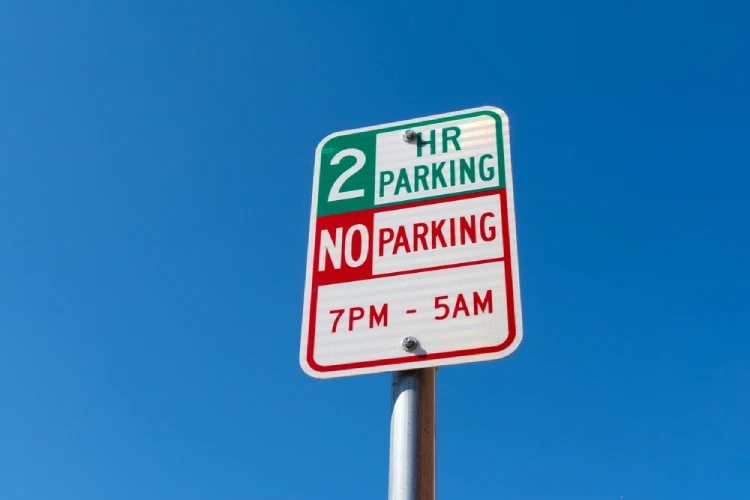
Do You Need a Permit to Park a Moving Truck in Denver?
There are plenty of unregulated residential streets throughout Denver that remain accessible during local moving projects.
However, those living downtown, in high-traffic neighborhoods, and commercial districts may encounter some logistical challenges.
When You Will Need a Permit in Denver
A large moving truck can block the flow of traffic, posing safety and accessibility issues.
Most residents will need to acquire Denver parking permits in any of the following situations:
- When utilizing meters or metered parking spots.
- The need to reserve a loading zone.
- In areas with bike lanes and alleyways.
- In places with limited street parking & commercial districts.
When You Likely Won’t Need a Permit
You won’t have an issue with moving truck parking Denver when you have a private driveway to access or a private loading area.
The same applies to lower-traffic residential areas.
It is always a good idea to double-check local parking restrictions on the street ahead of time to ensure everything is set for straightforward local moving services.
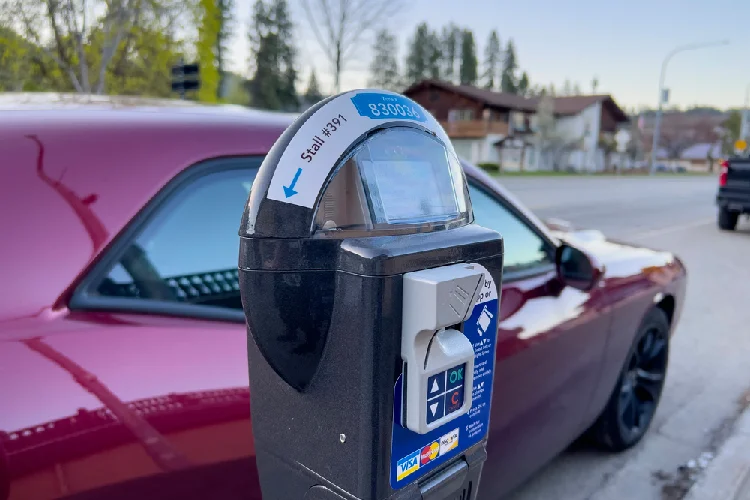
Meter Bagging in Downtown Denver & Commercial Areas
With meter bagging in Denver, there are options to ease your move.
It is a common practice, especially with larger vehicles, to ensure there is a reserved parking space.
Once meters are bagged, it prevents others from parking in that area.
Where Meter Bagging Applies
Meter bagging is typically seen in the following areas:
- Downtown Denver.
- Commercial districts.
- Apartment complexes.
- Retail centers.
Typical Lead Times, Fees & Signage
You should allow yourself at least seven business days to ensure the meters are properly reserved.
The fees can and will vary depending on your location within the Denver metro area.
All bags will have clear “no parking” signs.
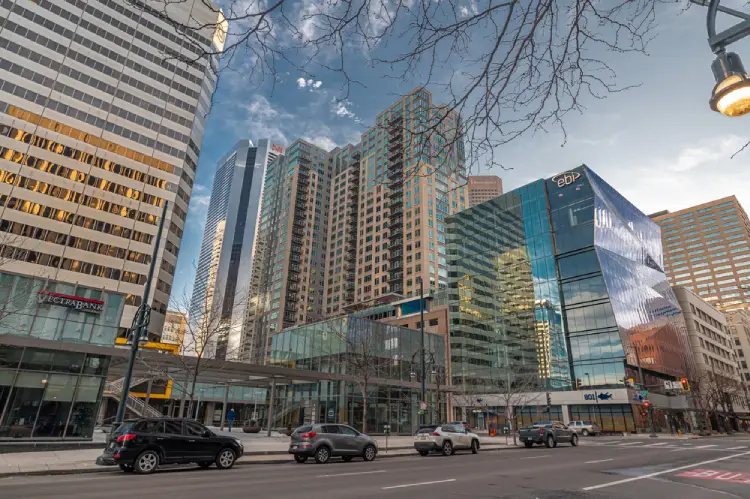
Right-of-Way/Street Occupancy Permits
A ROW or street occupancy permit will be required when blocking any typical point of access in traffic in Denver.
This permit helps provide a space for a moving truck, while avoiding any fines or towing.
Residential Streets, Curb Lanes & Alley Access
Even on residential streets, a street occupancy permit may be required.
If the truck is going to block a lane of traffic, curb lanes, alleyways, or require “no parking” signs, it is necessary to post them.
This will secure the spot, alert those in the neighborhood, and others on the roadway.
Safety Cones, Barricades & Placement Basics
Having additional safety cones, reflective markers, and extra barricades in the area enhances the security of the movers, residents, drivers, and your household goods.
Any cones or markers used should be placed along the edge of your permitted parking zone.
Luckily, moving professionals will know just how to handle things!
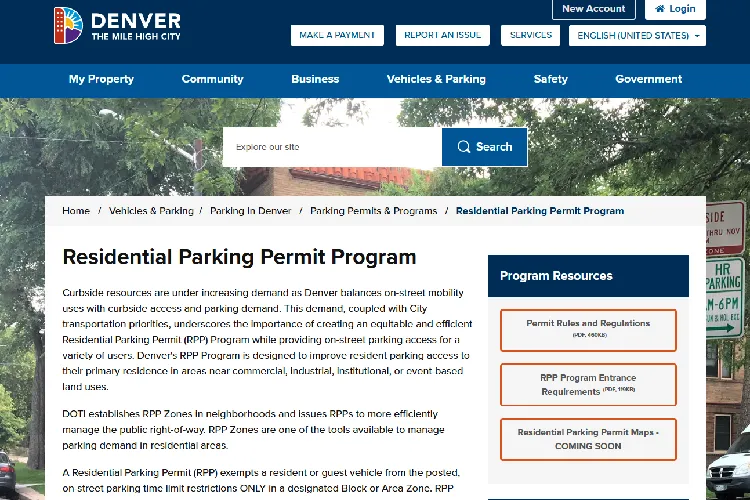
How to Prepare & Apply for Parking Permits
Preparing in advance will always set you up for success.
Denver parking permits must be requested directly through the city parking authority or the county in which you live.
All the Information You Will Need
Before applying for the parking permit, have the following information handy:
- Date of your move.
- Plate and contact information for movers.
- Exact address and space needed for moving trucks.
- Approximate timeframe for the move.
Making the Requests
All requests for street occupancy, residential, bagged meters, or ROW permits in Denver will be made through DOTI.
Applications can be done online, in person, or through your moving company!

Posting “No Parking” Signs: Timelines & Proof
When utilizing an acquired permit, you are required to place “no parking” signs in the designated area where the permit is secured.
Your Denver Movers and packers will complete this step on your behalf.
Recommended Posting Window
There are a couple of recommendations with “no parking” signs:
- The signs must be placed out at least 24 to 72 hours in advance.
- You should take photographic evidence of the signs.
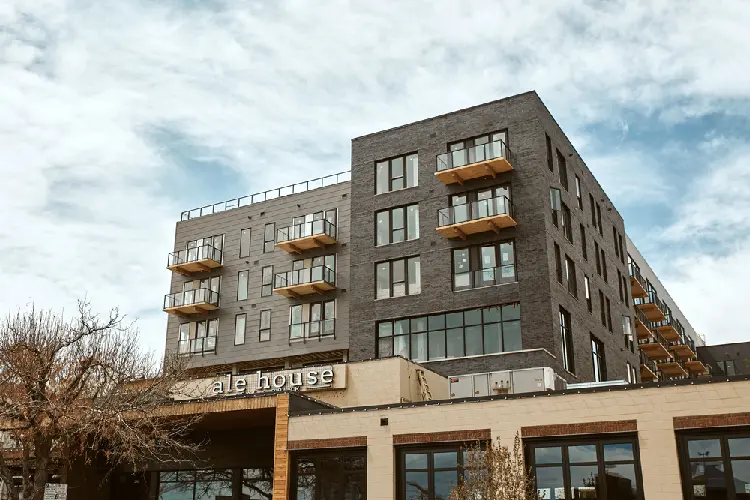
Building Rules: Elevators, Loading Docks & COIs
Alongside parking permits, property owners and management companies may have their own rules and regulations for local moving companies.
From reserving loading docs to verifying insurance, everything must be in place before the move date.
What to Expect with Elevator Reservations
If you live in a high-rise, downtown apartment complex, duplex, or any other building with an elevator, a COI Denver may be required.
This means protection for the elevator, verification of liability insurance, and a reservation time frame.
The same may be true for loading docks or set entrances for the building.
Check in with your property manager directly before booking the move date to ensure you can communicate all your needs to the movers.
Gaining a Certificate of Insurance for a Property Manager
Lastly, for security and liability of the property, certificates of insurance may be requested from the moving and storage services.
This will verify their coverage in the event of property damage involving a specific party.
Similar to renters insurance, there may be specific requirements for the additional insured and what is requested.
Ask your property manager for a sample COI to provide to your movers for proper documentation.
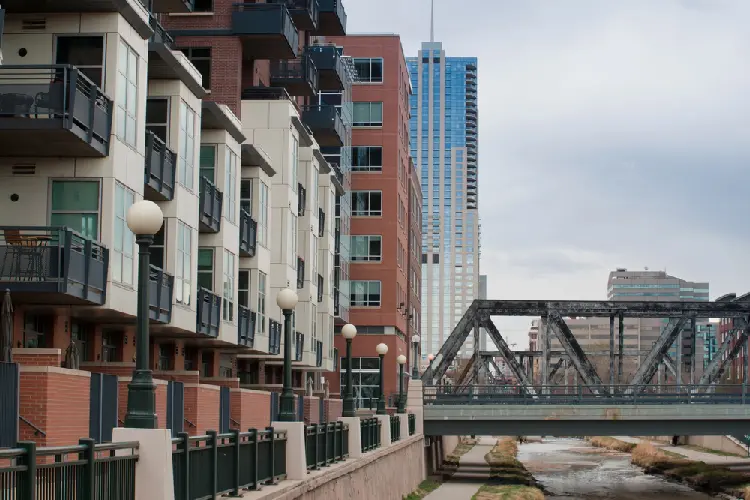
Special Denver Neighborhood Notes to Keep in Mind
Residential and commercial movers are aware of the limitations parking can pose.
Keep in mind the following local guide for permit parking:
- Meters in downtown Denver are always in high demand, so request as early as possible.
- Capitol Hill may require special residential parking permits depending on the size of the truck.
- Cherry Creek has numerous commercial zones that restrict parking.
- Highland is considered a historic neighborhood, and residents often find themselves in need of ROW parking permits.
- The surrounding suburbs may still have parking restrictions depending on the neighborhood.
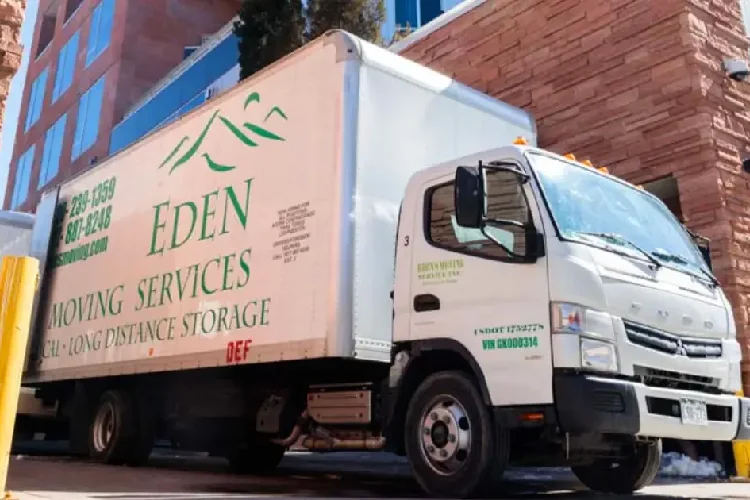
Get a Permit-Ready Quote From Eden’s Moving Services
With our movers in Denver, parking and logistics are never a problem for our customers.
Our team will always take care of everything to ensure the moving and packing services run smoothly and remain stress-free.
Reach out to request a quote and schedule an in-home or virtual survey to get your next move started on the right foot!
FAQS Centered Around Parking Permits & Access in Denver
We have compiled a list of some of the most frequently asked questions about permit parking and restrictions in Denver, so you’re not left with worries.
Do I always need a permit to park a moving truck in Denver?
You do not always need a parking permit.
Our Denver movers are local and familiar with the areas, including parking restrictions.
If you live in a low-traffic region, you likely won’t need one unless street signage indicates otherwise.
What’s the difference between meter bagging and a ROW/Street Occupancy permit?
Meter bagging is a practice in which multiple metered spots are bagged off and reserved for loading or specialty parking.
This prevents others from parking in that area.
ROW permits are intended for situations where a moving truck will occupy a space that others typically have the right of way.
How far in advance should I submit my application?
It is a suggested rule of thumb to apply anywhere from 5 to 7 business days in advance when reserving space for a moving truck.
If possible, plan for a couple of weeks.
The sooner you can get things done, the easier it will be to continue planning your move.
How do “No Parking” signs work on residential streets?
Acquiring “no-parking” signs is a common necessity for residential areas with frequent moving trucks.
These signs must be posted in advance so that residents in the area know where not to park on the designated day.
Can Eden’s handle permits and COIs for my building?
Our local movers are happy to help in the permit process, and our office is capable of requesting and providing the COI required for move-in!
We take pride in making the relocation process as easy as possible for Denver residents.
